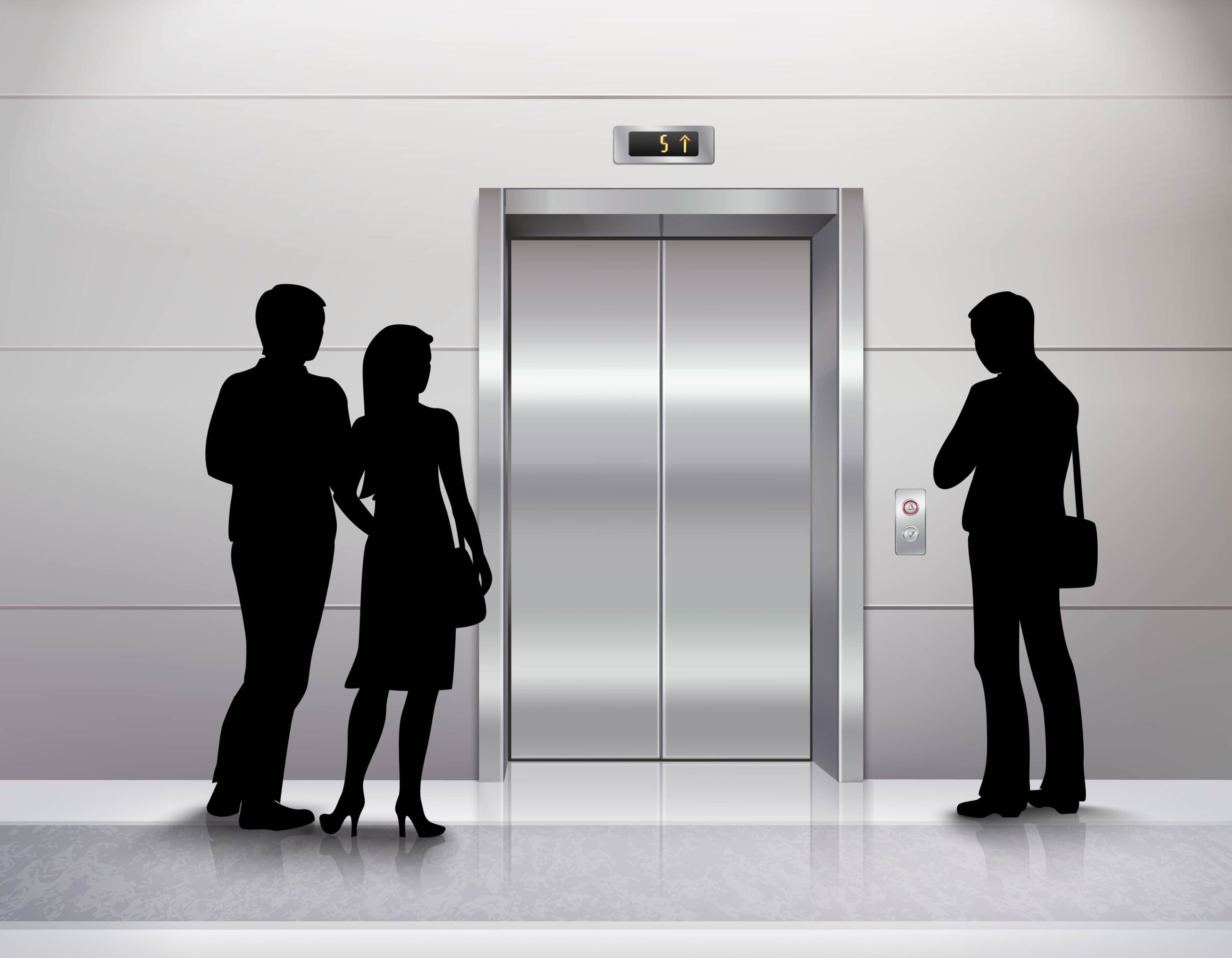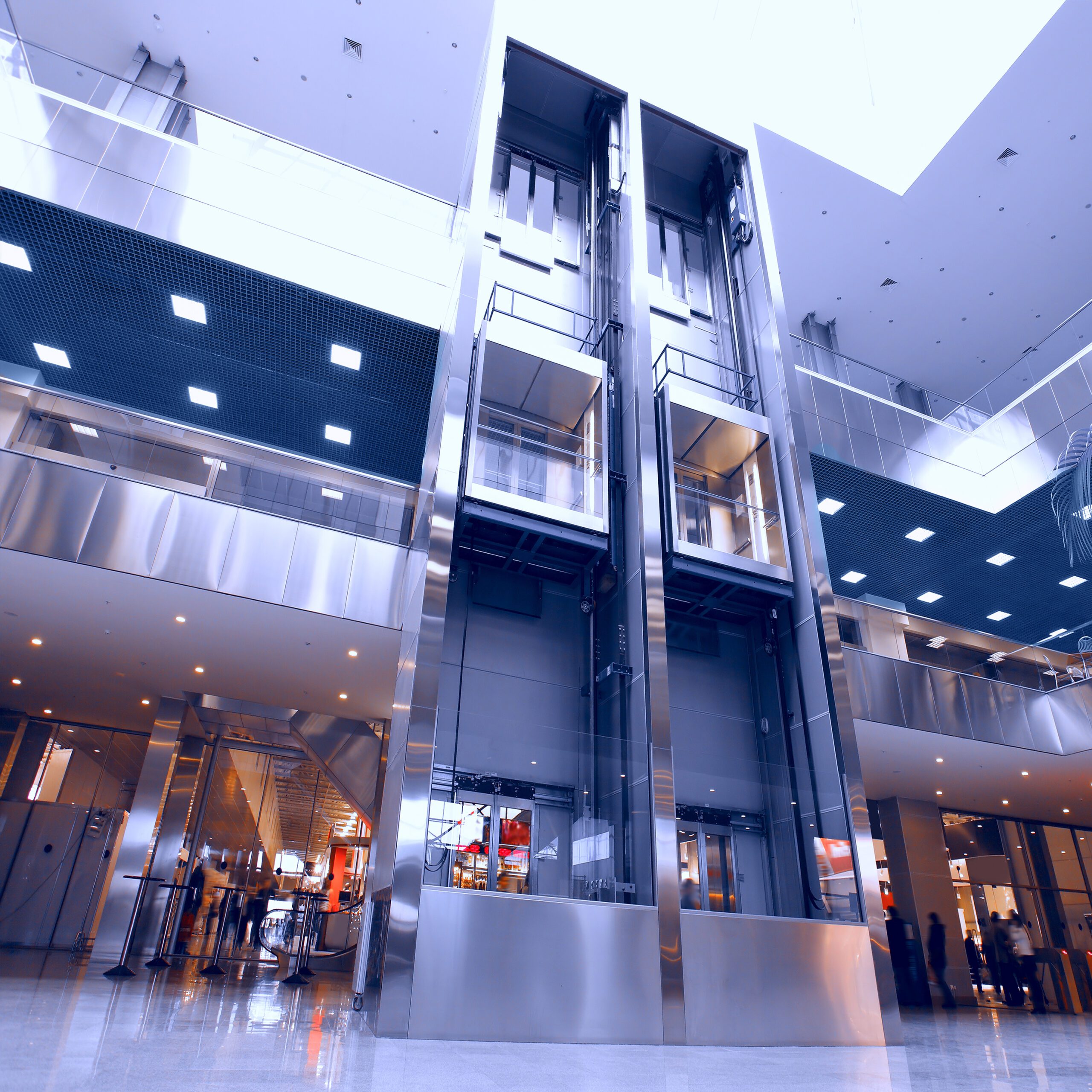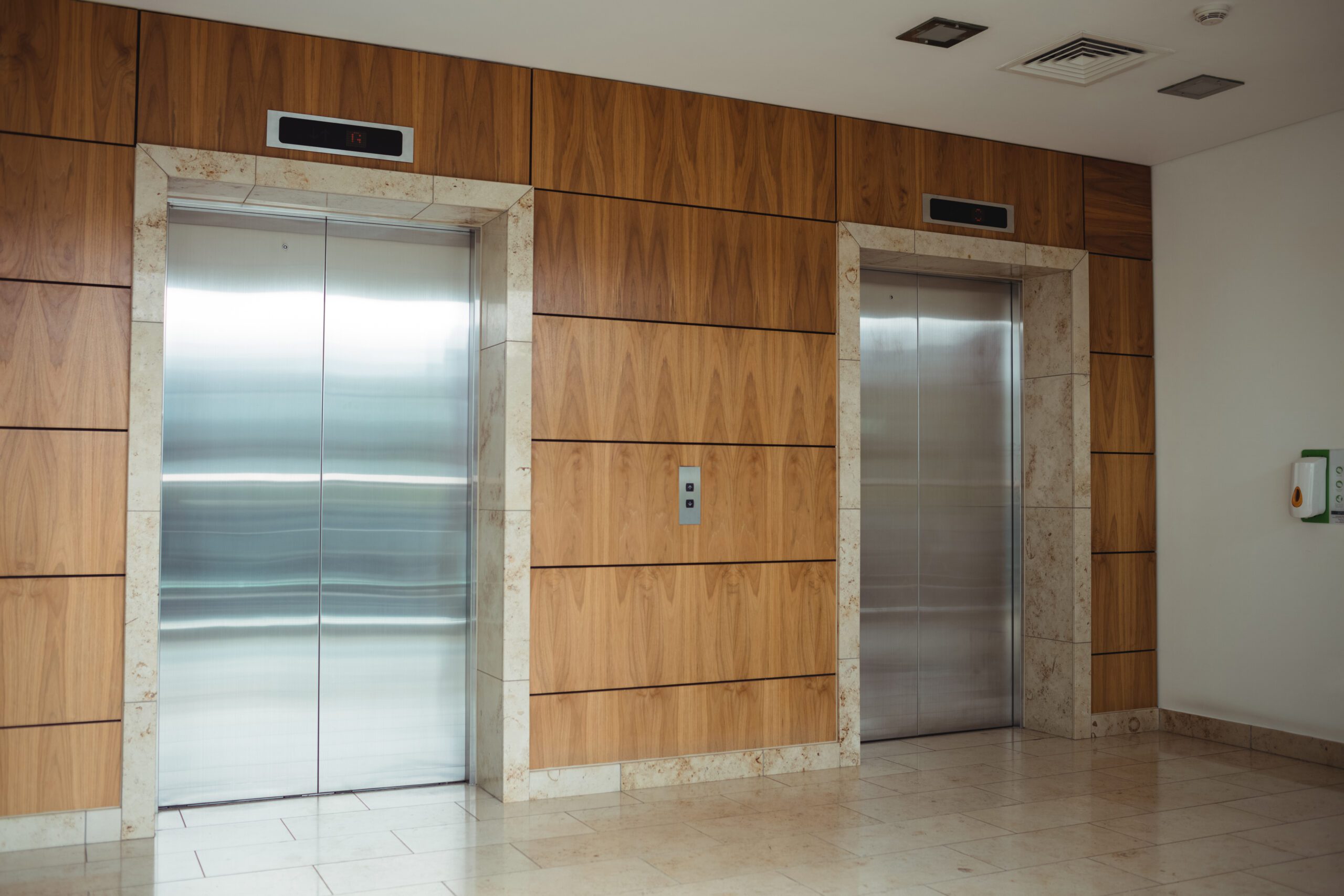Hotels and resorts rely on seamless mobility solutions to enhance guest experience, improve operational efficiency, and ensure accessibility. Choosing the right elevator is crucial for maintaining smooth operations and providing a luxurious experience. With numerous options available, selecting the perfect elevator requires careful consideration of design, capacity, safety, and technology. In this guide, we will walk you through key factors to help you make the best choice for your hotel or resort.
1. Determine Your Hotel’s Specific Needs
Every hotel or resort has unique requirements based on its size, layout, and guest capacity. Consider the following:
- Guest Traffic: High-end hotels with multiple floors and large guest capacities require high-speed elevators with greater capacity, while boutique hotels may need compact yet efficient models.
- Service Elevators: Staff and housekeeping require separate service elevators to transport luggage, food, and housekeeping supplies efficiently.
- Accessibility Needs: A hotel should provide accessible elevators with ample space for wheelchair users and guests with mobility challenges.
Understanding your hotel’s traffic flow and operational needs will help determine the number and type of elevators required.
2. Choose the Right Type of Elevator
Hotels and resorts require a variety of elevators to cater to different needs. Here are the most common types:
- Passenger Elevators: These are the primary elevators used by guests. They should be spacious, stylish, and equipped with modern technology for a smooth ride.
- Service Elevators: Designed for staff and heavy-duty usage, these elevators must be durable and efficient to transport housekeeping carts, luggage, and food supplies.
- Panoramic or Capsule Elevators: Ideal for luxury hotels and resorts, these glass elevators enhance aesthetics and offer a stunning visual experience for guests.
- Freight Elevators: Necessary for large hotels handling bulk deliveries, catering services, and maintenance equipment.
- Dumbwaiters: Small elevators used to transport food, laundry, and supplies between floors, improving efficiency in restaurants and housekeeping services.
Selecting the right type ensures smooth operations and guest satisfaction.
3. Focus on Comfort and Aesthetic Appeal
A hotel’s ambiance plays a vital role in guest experience, and elevators should match the property’s style and theme. Consider:
- Interior Design: Use premium materials like stainless steel, wood paneling, or glass for a luxurious look.
- Lighting & Music: Soft lighting and background music create a relaxing and pleasant elevator experience.
- Smooth Ride Quality: Advanced elevator systems ensure minimal noise and vibration for guest comfort.
A well-designed elevator enhances the hotel’s brand image while making the ride enjoyable for guests.
4. Prioritize Safety and Compliance
Safety is paramount when choosing an elevator for your hotel. Ensure that the system complies with local building codes and safety regulations. Key safety features include:
- Automatic Rescue Device (ARD): Ensures the elevator reaches the nearest floor in case of power failure.
- Overload Sensors: Prevents operation if the weight exceeds capacity, ensuring safe performance.
- Fire and Seismic Safety: Fire-rated doors, smoke detectors, and earthquake-resistant mechanisms are crucial for hotels in high-risk areas.
- Emergency Communication: Intercom systems and emergency alarms provide immediate assistance to passengers if needed.
A safe and reliable elevator instills confidence in guests and staff, contributing to the overall experience.
5. Opt for Energy-Efficient and Smart Technology
Modern hotels prioritize sustainability and efficiency, making energy-saving elevators a smart choice. Features to look for:
- Regenerative Drives: Captures energy during descent and reuses it, reducing electricity consumption.
- LED Lighting & Sleep Mode: Automatically switches off lights and ventilation when the elevator is idle.
- Smart Destination Control: Reduces waiting time by grouping passengers traveling to the same floor, improving efficiency.
- Touchless & AI-Powered Systems: Guests can operate elevators using smartphones or voice commands, enhancing hygiene and convenience.
Energy-efficient elevators lower operational costs while contributing to sustainability initiatives.
6. Plan for Long-Term Maintenance and Support
Regular maintenance is essential for ensuring smooth elevator operation. When selecting an elevator provider, consider:
- Availability of Spare Parts: Ensure easy access to replacement parts for quick repairs.
- Annual Maintenance Contracts (AMC): Opt for a service provider that offers periodic inspections and emergency support.
- Remote Monitoring Systems: Advanced elevators come with remote diagnostics, allowing technicians to detect and fix issues proactively.
A well-maintained elevator system prevents breakdowns, ensuring uninterrupted service for guests.
Conclusion
Choosing the perfect elevator for your hotel or resort involves careful planning and consideration of passenger needs, aesthetics, safety, and efficiency. A well-designed elevator enhances guest comfort, streamlines operations, and aligns with the hotel’s brand image.
At Stanley Elevator, we specialize in customized hotel elevator solutions, offering stylish, safe, and high-performance systems to elevate guest experiences. Contact us today to explore the best elevator solutions tailored to your hotel’s needs.



